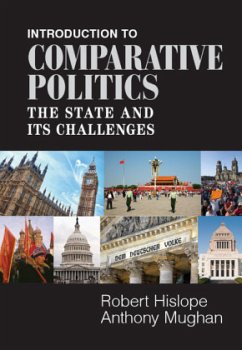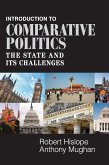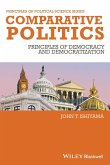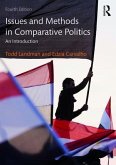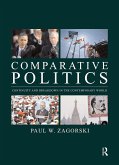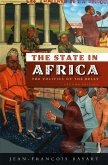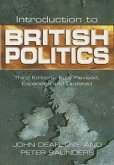This stimulating and accessible introduction to comparative politics offers a fresh perspective on the fundamentals of political science. Its central theme is the enduring political significance of the modern state despite severe challenges to its sovereignty. There are three main sections to the book. The first traces the origins and meaning of the state and proceeds to explore its relationship to the practice of politics. The second examines how states are governed and compares patterns of governance found in the two major regime types in the world today, democracy and authoritarianism. The last section discusses several contemporary challenges - globalization, ethnic nationalism, terrorism and organized crime - to state sovereignty. Designed to appeal to students and professors alike, this lively text engages readers as it traces states' struggles against the mutually reinforcing pressures of global economic and political interdependence, fragmented identities and secessionism, transnational criminal networks, and terrorism.
Bitte wählen Sie Ihr Anliegen aus.
Rechnungen
Retourenschein anfordern
Bestellstatus
Storno

